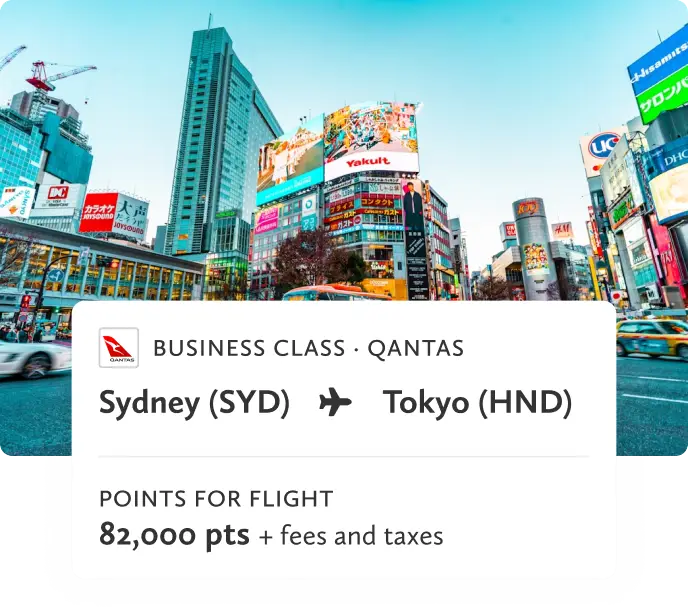We’ve previously been through the notice periods that banks have to give you before they can make certain changes to their rewards program. Spoiler alert – they’re not generous.
In this article we’ll cover the same terms that allow airlines to change their frequent flyer programs – and in short, you have significantly less rights under an airline rewards program compared to a bank program.
That is because credit cards are a very regulated industry and since rewards programs are a hook for credit cards, they are also well regulated.
Airline rewards on the other hand are not under quite as much regulation. This is particularly the case if they are not Australian based.
Velocity Frequent Flyer
Velocity’s rights to make changes can be classified into two parts.
The first is straightforward:
- to cancel the velocity program at any time they need to give at least 90 days notice.
- To introduce fees they have to give 30 days’ notice.
The second is that Virgin can make any other changes and it only has to notify members by updating the terms and conditions on the website.
But Virgin doesn’t want to scare you off so at the end of that second part they’ve added:
However, We will try to give Members reasonable notice of changes which are materially detrimental to the membership as a whole.
Well, at least they’re trying.
If you do get notified of a change, you are taken to have accepted it by continuing to use the program. If you don’t like it you can tell Virgin, but they have the power to kick out anyone who doesn’t accept the changes they make.
We’ll cover all the different ways that an airline can kick you out in a later article.
Qantas Frequent Flyer
When it comes to making changes and providing notice, Qantas’ terms and conditions are markedly fairer that other airline programs.
Why is that the case? Perhaps it’s the fact that Qantas usually charges $90 AUD for membership. Perhaps it’s the fact that with 10 million members there’s a higher chance that someone might complain to the ACCC. Or perhaps it’s some other wildly speculated reason. Who knows?
Of course, Qantas can still make any changes it likes, but it has to give you notice.
Termination of the whole Qantas Frequent Flyer program
To cancel the program altogether, Qantas has to give members six months’ notice.
Unless catastrophe for Qantas strikes and Qantas ceases to be an airline anymore, if that happens they don’t have to give you any notice. Fair enough.
Cancellation of something you’ve already redeemed your Qantas Points for
Remember, airlines give themselves the right to make ANY changes, so that includes changes after you have already paid the points for the reward.
However, if you have already paid points for a reward, Qantas will give you the choice of either a refund of your points or an alternative reward of similar value. Other airlines might also offer you the same thing, but since it is in the Qantas terms it’s less of a maybe and more of a certainty.
Again, the only exception to this is if the cancellation is due to Qantas shutting down altogether.
All other changes to Qantas Frequent Flyer benefits
When it comes to any other change to their terms and conditions, Qantas shies away from promising to notify you, instead they say they ‘will use best efforts to advise members’.
This may not be a hard promise, but it isn’t far from it. It is certainly more solid than ‘reasonable efforts’ from Asia Miles, or the ‘we will try’ from Velocity.
If the benefit that is being changed is provided by Qantas, they will give 3 month’s notice. If it is provided by a third party you will only get 30 days notice.
Singapore Airlines KrisFlyer and Cathay Pacific Asia Miles
I didn’t read the KrisFlyer terms and conditions before I signed up, and you probably didn’t either. In fact, it’s abundantly clear that Singapore Airlines was banking on no-one really caring about their terms and conditions, ever.
In a nutshell, Term 1 of their general terms and conditions says:
- Singapore Airlines can make any changes to its program including:
- Their partners
- The rules for earning or using points
- Availability of rewards
- Terminating the whole program
- Anything else
- Singapore Airlines does not have to give you any notice for any changes.
So yeah, that’s pretty rude.
Asia Miles is basically the same as KrisFlyer, they can make any changes and they don’t need to provide any notice.
They will however ‘use reasonable effort to notify members of material changes’.
If you’ve been paying attention, you might be thinking that surely these terms would be invalid as ‘unfair terms’. Unfortunately, the KrisFlyer terms and conditions are governed by the law of Singapore, and Asia Miles by the law of Hong Kong, so the protections that we enjoy under Australian law can’t be applied.
What about Credit Cards?
You may recall from our article on credit card rewards program conditions that the notice a bank has to give you about certain changes depends on whether they are due to an increase in third party costs.
Airlines are key third parties when it comes to credit card rewards, so you might be wondering when an airline can change the cost of their points for bank programs. That is, when can Qantas or Virgin decide to sell their points for more or less to your bank’s rewards program.
Unfortunately, these are terms we don’t get to peek at. That is because they will be contained in the terms and conditions of the agreement between each bank and airline.
The most we know is that their contract definitely lets airlines change their costs, and if that happens it will impact the notice a bank has to give you before they change the corresponding costs in their rewards program.
Summing Up
Your rights under airline rewards programs are limited at best and non-existent in some cases.
All airlines reserve the right to vary any part of their program or cancel it entirely, but only some will give you notice. Airlines that are not Australian based usually offer you even less notice periods.
Of the frequent flyer programs we reviewed in this article, Qantas comes out on top.
This may be due to the fact that unlike other airlines, they charge a fee for membership, or the fact they are so much in the public spotlight in Australia with half the population as members. That, and maybe their lawyers are more friendly?







Community